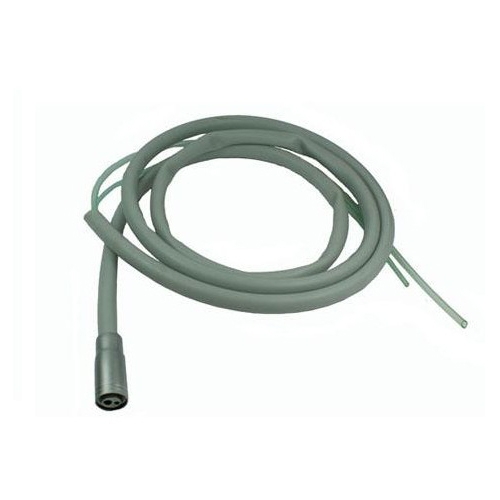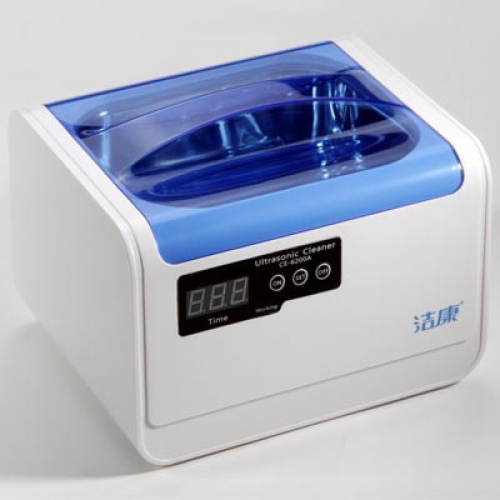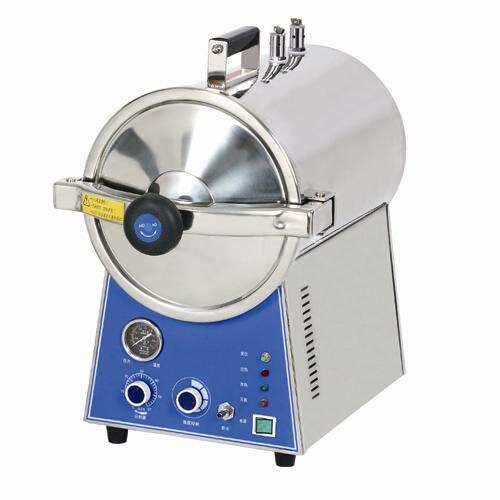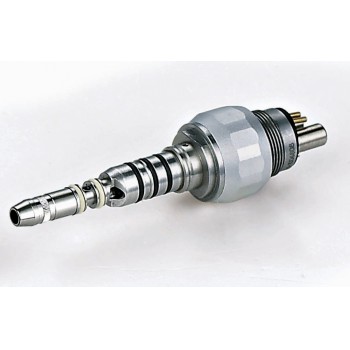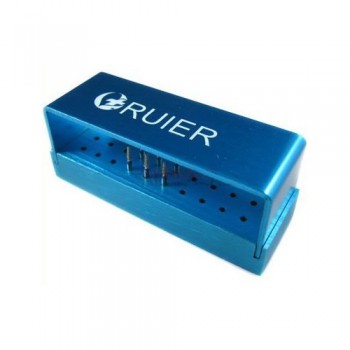HORSE POWER – TRUE OR EXAGERATED?
Many air compressor|dental equipment manufacturers “exaggerate” their horsepower ratings to sell more compressors. Industrial compressors like our BendPak TRI-MAX™ Series are rated accurately, which is why you’ll notice the 5 and 7.5 HP motors are noticeably physically larger (nearly 40% larger) than one of those overrated “Chain Store” one. A good way to tell if you are looking at real or overrated HP is to look at how much electrical power it takes to run the motor. A good rule of thumb for TRUE horsepower ratings are as shown below –
1-Phase 115V – 9½ -10 Amps per HP
1-Phase 230V – 4½ – 5 Amps per HP
3-Phase 230V – 2 – 2½ Amps per HP
3-Phase 460V – 1-1¼ Amps per HP
A true 5 HP motor will draw 22-25 amps on a 220 volt circuit, (single phase power), while most overrated “Chain Store” compressors run on a normal 15 amp 110 volt circuit. A normal 15 amp 110 volt circuit is actually only capable of running about 2-3 real HP.
WHAT MOTORS ARE BEST?
BendPak TRI-MAX™ air compressors feature the best electric motor money can buy. For the past 80 years, Baldor Electric has led the industry in developing motors that deliver the best performance and reliability all while using less electricity. Premium grade copper wire, thinner laminations, superior bearings, premium grade steel, larger end rings, low-loss fans allow these energy efficient motors run cooler and longer. In October of 2006, Baldor again received 1st place ranking for motors in several trade publication surveys. Baldor continually ranks better than any other motor manufacturer in their category.
DOES IT HAVE 100% CAST IRON CONSTRUCTION?
A true industrial grade Air Compressor like our BendPak TRI-MAX™ Series models will have 100% cast iron pump, block and heads. An air compressor pump is just like a car engine and almost all car engines are made from cast iron. Cast iron is the most durable material that can be used on a high temperature, high use application. Race cars engines may use aluminum for weight reduction but these engines last for one or two races then have to be rebuilt.
learn more :https://www.alandental.com/category-98-b0-Dental-Air-Compressor.html

